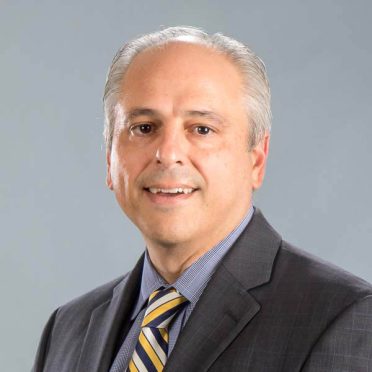“Devastating” and “staggering (toll)” are adjectives used by officials with the National Council for Behavioral Health’s Medical Director Institute, or MDI, on its recent report showing a grave lack of compliance to medication prescriptions.
Noncompliance with medication regimens — when people do not take prescription drugs as prescribed by their physicians — is a challenge for all acute and chronic medical diseases and mental health and substance use disorders are not spared. Medicare reports the following rates of noncompliance by condition:
- Major depression: 25-75 percent.
- Schizophrenia: 30-60 percent.
- Anxiety disorders: 57 percent.
- Bipolar: 21-50 percent.
- ADHD: 26-48 percent.
- Alcohol abuse: 35 percent.
The MDI’s expert panel produced the report, which highlights that while one in six Americans — about 54.3 million — are prescribed a psychiatric drug, only about half take it as prescribed. Also, half of those sick enough to be prescribed medication are not getting it, leading to more emergency room visits, hospital admissions and disability.
“A recent study looking at treatment for opioid-use disorders,” says Dr. J. Craig Allen, medical director of Rushford, “showed that adherence to buprenorphine in the 12 months following induction was associated with reduced odds of relapse and, despite the higher pharmacy costs, a 30 percent savings in medical costs. However, treatment adherence was only around 40 percent.”
Dr. Allen was part of the expert panel. Both he and Dr. John Santopietro, incoming physician-in-chief of Hartford HealthCare’s Behavioral Health Network, are MDI members.
Noncompliance, Dr. Allen notes, can be traced to many variables including expense, side effects, lack of social support and the stigma associated with behavioral health illness.
The MDI report offers various solutions aimed at ensuring that all Americans get whatever comprehensive behavioral health care they need. Proposals include:
- Empowering patients to play an active role in recovery and treatment, such as helping providers discuss medications with their patients.
- Removing payer restrictions limiting access to programs that give choice and minimize out-of-pocket costs.
- Engaging family and caregivers by stressing the important role of medication in recovery.
- Making compliance easier with bubble packaging or pillboxes to help patients keep track of multiple medications taken at different times, or shifting to injections if possible.
- Embracing technology such as compatible devices, pill implants, reminder alarms and other apps.
“The understanding is if we can implement most of the solutions by 2025,” says Dr. Allen, “that would lead to a 25 percent increase in adherence and then, as a nation, we could avoid millions of dollars in unused medications and $2 billion a year in avoided hospitalizations. Most importantly, we’d realize improved health in our communities.”
You can find support for behavioral health issues and substance use disorders at Hartford HealthCare’s Behavioral Health Network.



